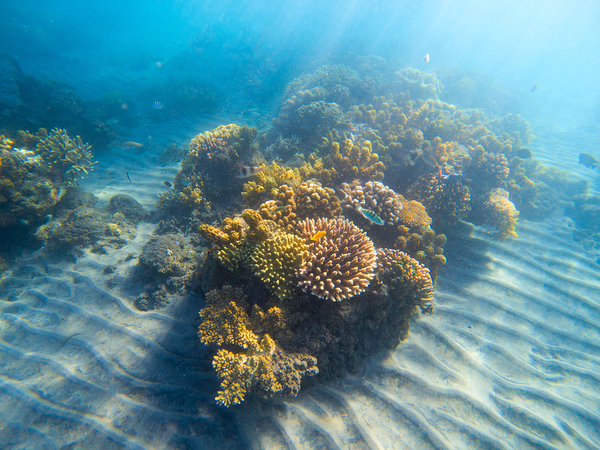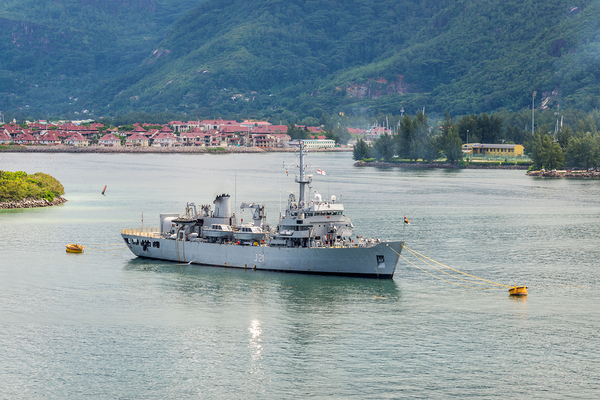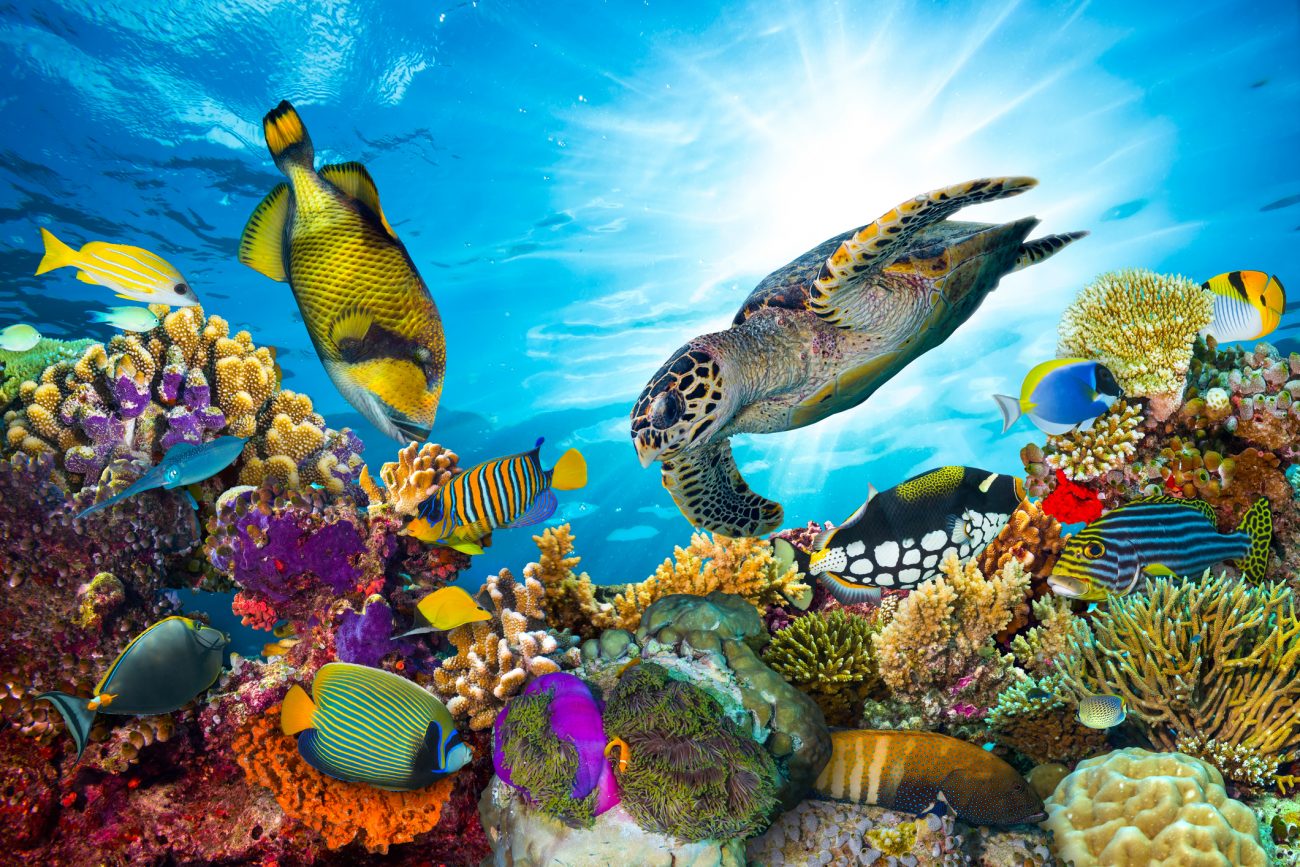6 Ways Oceanographers Help Protect Marine Life
Within an oceanography career, there are many opportunities to protect the ocean and its inhabitants. Here are some of the major ways oceanographers help protect marine life through their work.

There’s more than one way to approach the discipline of oceanography
1. Biological oceanography career – protect endangered marine life
Otherwise known as marine biologists, these professionals conduct experiments and observe marine life to understand the complex interactions that cause different conditions to exist. When marine life is threatened, they can help improve conditions through their understanding of marine development and resources.
2. Chemical oceanography career – protecting water to keep sea life healthy
These marine chemists study seawater’s composition and cycles, as well as chemical reactions of seawater, the ocean floor and the atmosphere. Studying the impact of these chemical processes on marine life as well as the impact of ocean currents on pollution and other processes is also part of their job.
3. Geological oceanography career – protecting marine life that lives on or near the ocean floor
Marine geologists study the ocean floor, both in the ocean and historically. Other topics of study include volcanic processes and hydrothermal circulation to see how they will impact marine life. Studying the geology of the ocean floor gives insight into how ocean basins were created and how the seafloor impacts the health of the ocean.

4. Physical oceanography career – protecting sea life from extreme weather and its impacts
Studying waves, currents, coastal erosion, and the way light and sound travel through water can help physical oceanographers understand the way weather and climate impact marine life. The ocean is profoundly impacted by climate and weather, and also influences weather in some ways as well.
5. Marine environmental scientists – protecting marine life from hazards in the environment
These professionals manage risks to marine life from environmental factors like pollution and man-made climate change. These factors are impacting the oceans, such as the coral reef bleaching that occurred over the past few years when ocean temperatures rose more than expected.
6. Coastal zone management scientists “preserve, protect, develop, enhance, and restore, where possible, the coastal resources,” according to the program goals statement.
In addition to science and technology, coastal zone management also deals with public policy and local advocacy programs that can help achieve these goals. 34 out of 35 coastal and Great Lakes states and territories have entered into this voluntary program.
An oceanography degree encompasses many different specialties that work together to protect marine life in various ways. These specialties are interrelated and often overlap. Learning about biology, chemistry, geology, and physics will equip oceanography majors to do their part to protect sea life in all its forms.
Florida Tech offers experience in boring and sediment analysis, beach surveying, wave analysis, and saltwater corrosion, among other areas of research. Students can also join the Florida Tech Environmental Club to encourage environmentally-friendly practices. Learn more about our oceanography degree program to determine if it’s a good fit for you!
%CODE1%





